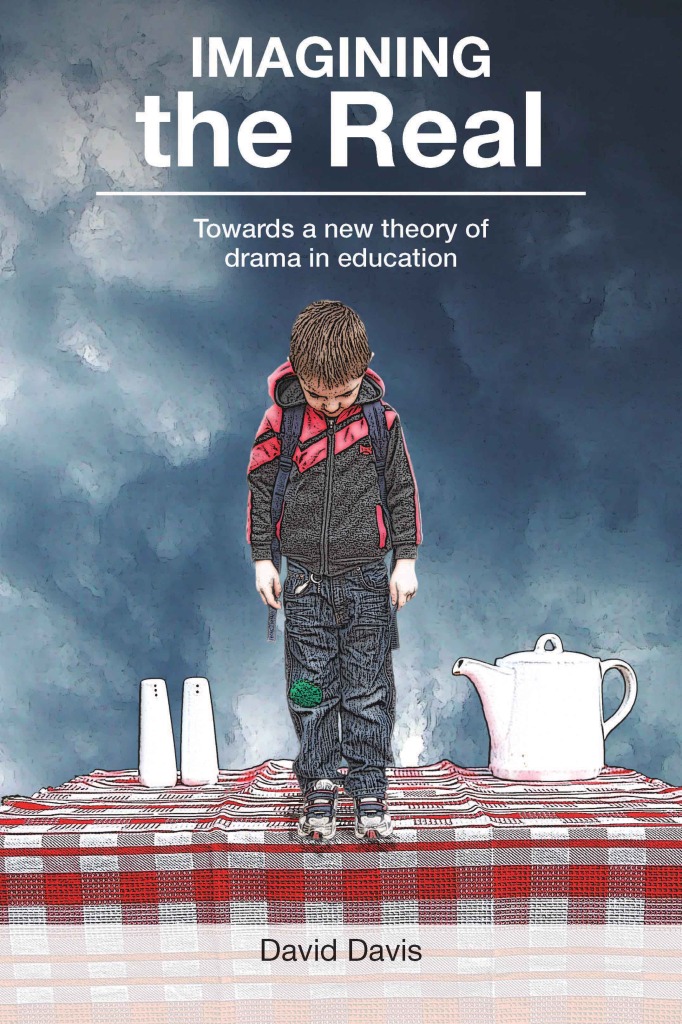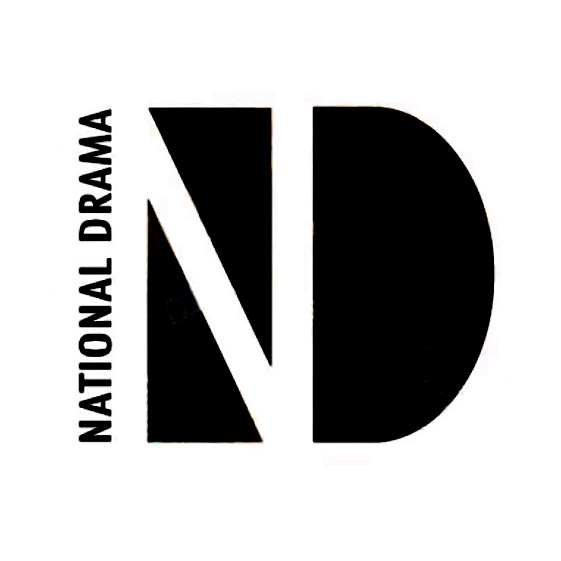Imagining the Real: Towards a new theory of drama in education
In Imagining the Real, David Davis revitalises the development of classroom drama as an art form, taking it out of the doldrums to respond to the cultural demands of today’s students. This internationally acclaimed architect of drama teaching, links the best of the ground-breaking work of Dorothy Heathcote and Gavin Bolton with the pioneering developments in theatre form by playwright Edward Bond, to signal a way to move forward.
This book is for all students and practitioners of drama, trainee teachers and drama teachers in schools and Higher Education.
By David Davis







